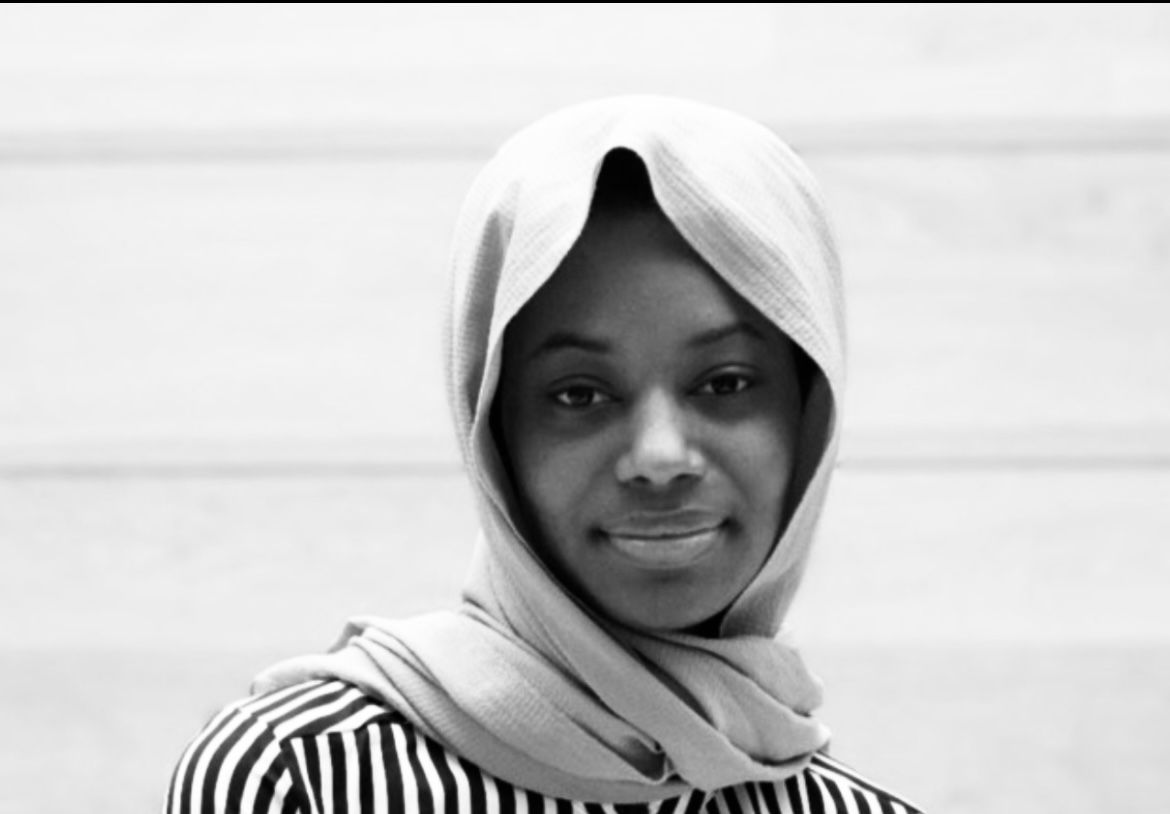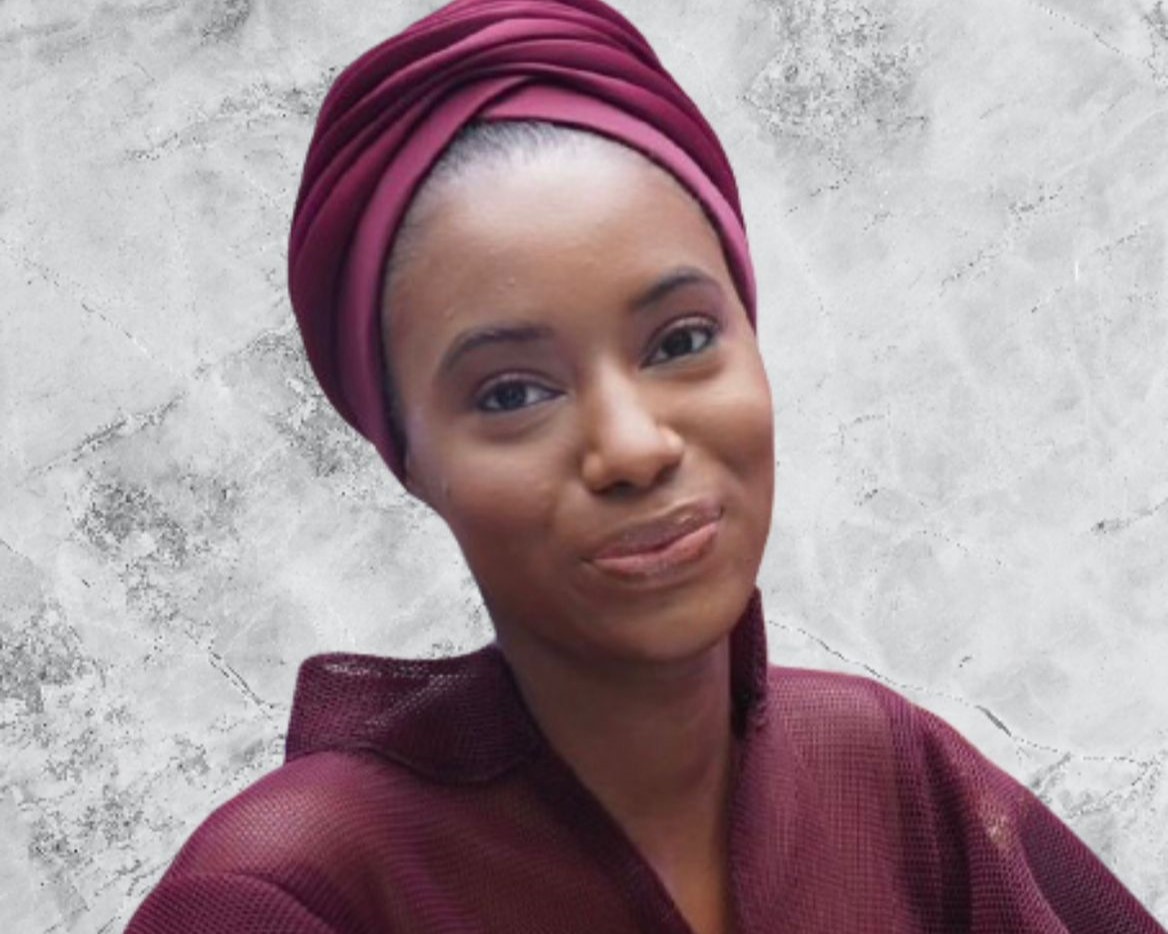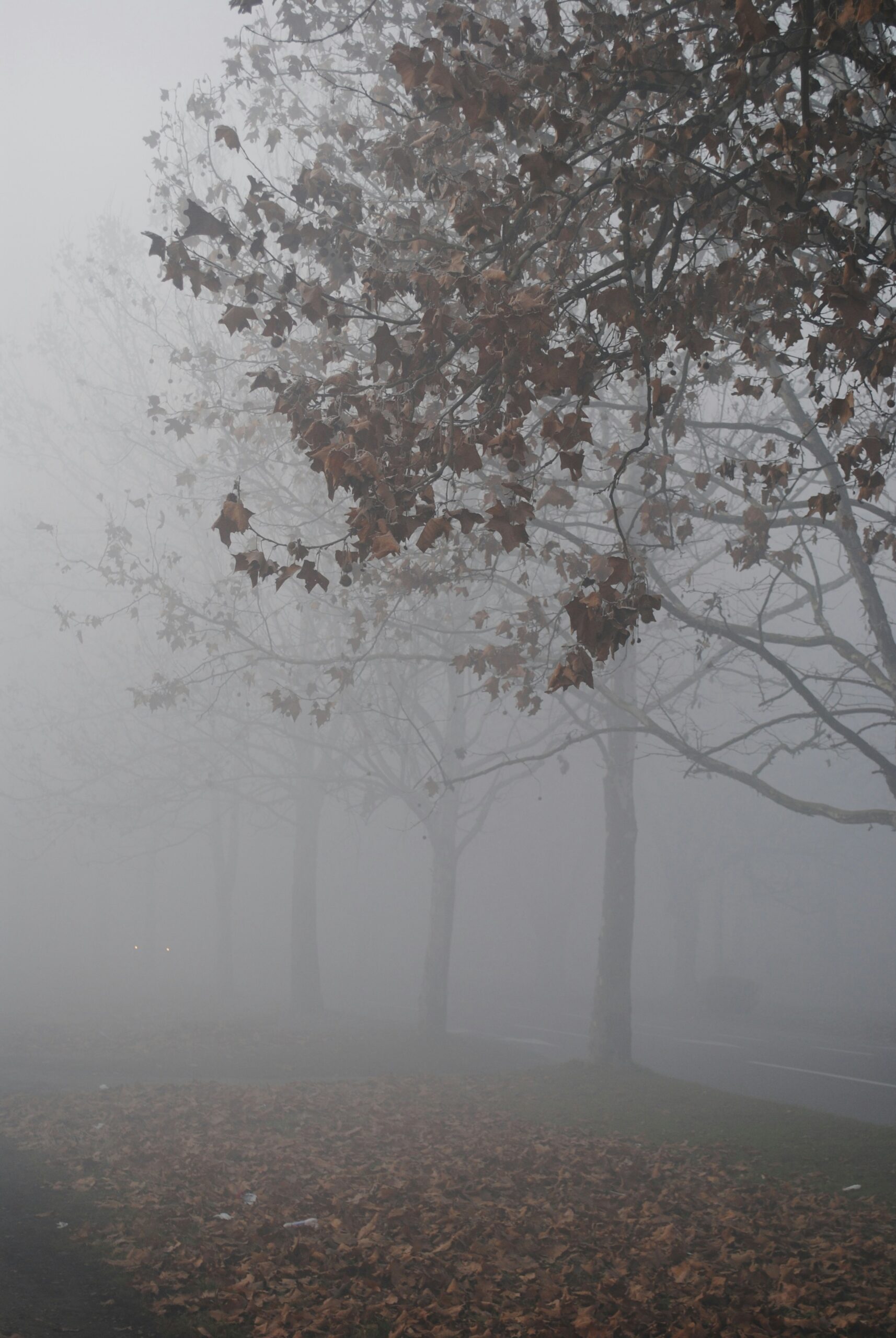What is the process of writing a poem like for you? Is it a lot of hard work or easy?
Khadija Yusra: Ironically, a lot of my poems were written on the pages of books – chapbooks, anthologies, etc. Images and feelings come to me when I’m reading other people’s poetry; they inspire words so strong and fleeting I cannot afford to wait but write them on whatever page I’m staring at (you do not want to see my books, haha).
I don’t know if it’s hard or easy; for me, it depends on the poet, the poem, the writing, the emotions, the feelings, the depth, the colors and most importantly, the moment in time – because all the others can hit spot on but if it’s not the right moment, the right words still wouldn’t come. But when the magic happens – Voila! I’ll have a first draft to start off with. Then come back to edit. Then come back yet again to edit, until I’m satisfied with the outcome.
Please describe your sense of identity in this or any possible world in imagery or metaphor?
Khadija Yusra: As a poet, I am an African female being. That is all I am, that is all I will ever be. I have no individuality – I am the girl who speaks Hausa, the most common language in Northern Nigeria; the girl who called Johannesburg “home” in her teens and the girl who licked fingers after eating chapatti in a bukka in Dar Es Salaam.
I am an African female being who absorbs the pain of other African female beings – FGM, forced marriages, miscarriages, sexual assaults, depression, domestic violence; who writes about pain she did not experience because others, like her, have; and writes about it. I just want to say: “I see you”, “I feel you”, and most importantly, “someone cares”.
For Black Girls
by
Khadija Yusra
This is for black girls; to those with whom
I can relate, and to those with whom I am unable to.
This is for black girls; the 14-year-old brides, the displaced and the rape victims.
This is for black girls; the married, the unmarried, and for those who are voiceless, scared of the woes of marriage.
This is for black girls who carry rage in their hearts, like coins in wallets.
This is for black girls who grew up building sandcastles with shattered hearts
and broken dreams.
This is for black girls whose opinions are neither sought after nor valued.
This is for black girls who laugh outwardly but, deep inside, are broken.
This is for black girls
who have been taught
to suppress feelings.
This is for black girls
who have been taught to laugh right on cue.
This is for black girls
with dark pasts, who are unable to imagine for themselves bright futures.
This is for black girls who have faith in themselves.
This is also for black girls who do not have faith in themselves.
This is for black girls
who create
their own definitions
of “beautiful.”
This is for black girls whose short hair
and dark faces
are good enough too.
Finally, This is for black girls
who believe that even the most appalling scar
will eventually heal.

Khadija Sanusi
If any of your poems could literarily save a person’s life, which poem would it be and can you describe the person whose life you think it would have saved?
Khadija Yusra: Okay, I can’t choose (but in my defense, you did encourage long answers). I mentioned earlier that I write poems for African female beings. One of the things many of us can relate to is growing up wanting to be “beautiful” by the standards of whatever society we found ourselves. Some let go of this desire at some point in life; others will always have it on their bucket list and do everything – absolutely everything – to attain that. But whatever the case, I think it’s our duty to discard these (often unrealistic) standards and make every girl – short, tall, dark, light, short-haired, long-haired, pimpled, clear-faced, freckled, big-tummied – feel beautiful in her skin. I think this can save a person’s life.
Black Boys
by
Khadija Yusra
The first time you told him you loved him, he shrugged
and responded: “Sorry,
I only date light-skinned girls.”
You dipped your head, shamed
as though your black skin deserved an apology;
as though your black skin was
an unpleasant birthmark;
as though your black skin was
a stolen jumpsuit you are not allowed to be proud of;
as though your black skin was enough justification for
the unreciprocated love.
You lowered your gaze,
an undeserved apology escaping your lips in a whisper
as though your black skin was
a mistake – one you have to live
your life trying desperately to erase.
Later that night, you stood in front of the bathroom mirror and coated your body with Makari
all the while thinking,
“I hope I’ll be good enough for him.”
Dear black girl,
We have forgotten to teach you that beauty comes in different colours, shapes, and sizes.
We
have failed
You.
Round
by
Khadija Yusra
The next time They call you “round”,
tell them the moon
is only celebrated
when it gathers enough courage to be round
and remind them that the “round” sun single-handedly illuminates the whole universe.
Mother Tongues
by
Khadija Sanusi
Dear Black Girl, I’ve written a chant for you to sleep to,
a short stanza for you to wake up to.
Repeat after me;
Anti jameelah,
To zolie, Tu es belle,
Wewe ni mrembo,
Oli masoro, Itchekagne,
Wu hun ofe, Oreke,
Umuhle, Tsvarakadenga,
Uri musikana akanaka,
Wakanaka, Kina da kyau,
Uri mwiza, A boddo,
U shongile nsati iwe,
I mara mma, U sasekile Tamriyalesh, O montle,
Danga rafet.
Dear Black Girl,
I’ve written a song
for you to sing
while waiting
for your yam to soften, to hum while dressing
for school,
and to recite as you tuck your baby into bed.
Repeat after me;
Anti jameelah,
To zolie, Tu es belle,
Wewe ni mrembo,
Oli masoro, Itchekagne,
Wu hun ofe, Oreke,
Umuhle, Tsvarakadenga,
Uri musikana akanaka,
Wakanaka, Kina da kyau,
Uri mwiza, A boddo,
U shongile nsati iwe,
I mara mma, U sasekile Tamriyalesh, O montle,
Danga rafet.
Dear Black Girl, will you not repeat after me?
Anti jameelah,
To zolie, Tu es belle,
Wewe ni mrembo,
Oli masoro, Itchekagne,
Wu hun ofe, Oreke,
Umuhle, Tsvarakadenga,
Uri musikana akanaka,
Wakanaka, Kina da kyau,
Uri mwiza, A boddo,
U shongile nsati iwe,
I mara mma, U sasekile Tamriyalesh, O montle,
Danga rafet.
Dear Black Girl,
You are beautiful
in every language.
What does Africa mean to you, as potential or reality?
Khadija Yusra: Africa is home to me. It means the world. I’m a big supporter of Kwame Nkrumah’s plans for Africa – everything you need to know was said in his “African must unite” speech at the founding of the OAU in 1963 – that perhaps tells you everything you need to know about how I see Africa, and what I think it can become.
Realistically, I think we’re getting there. We’re making the right moves – ECOWAS, EAC, SADC, ECCAS, AMU, CEN-SAD, AMU etc. On paper, this should mean progress, development, alliance. Sadly, this is not always the case (speaking to the decision of Niger, Mali and Burkina Faso to leave the ECOWAS) but I think we can get there, eventually. Slowly but surely.
I think the African Union has a lot of work to do; I think borders need to be brought down for other Africans; I think we need to have a more centralised identity so that we are Africans first, then we are Nigerians and Kenyans and Namibians. We all need to be Africans first; to think Africa first. That’s how we can progress.
Could you share with us one poem you’ve been most impressed or fascinated by? Tell us why and share favorite lines from it.
Khadija Yusra: In 2015, Ijeoma Umebinyuo published an anthology called “Questions for Ada”. It was the first poetry collection I remember reading by choice (I don’t count the compulsory IGCSE readings I read for grades because… let’s be real) and I loved, loved it! There’s a line in the book where she says:
“I am too full of life to be half-loved.”
That line has stuck with me for almost an entire decade because it made me put into words what I had then-recently learned to believe – that I, too, was too full of life to be half-loved. I know it may sound arrogant but I believe that you must set the bar/standard for how people should love you. If you believe you are undeserving of unadulterated love, you will never get it. And in the odd chance that you do, you will not even know how to accept it. Worse still, you will not know you’re rejecting it. Am I making sense? I hope so. You must believe you are worthy of a love that is kind, patient, a love that is not easily angered, that keeps no record of favours or wrongs, of a love that trusts, of a love that is loud and unashamed – for you to get it. There is no room for uncertainty of the kind of love you deserve, to get it.
Funny story. In 2017, I reconnected with a Moroccan friend I hadn’t seen in three years and she had the words “Too full of life to be half-loved” tattooed on her inner arm. She had seen it somewhere – a picture, I think – and had no idea where it originated from. Before that day, I had been proud to come from the same country as Chinua Achebe, Wole Soyinka, Chimamanda Adichie but on that day, I was proud to take out my copy of “Questions for Ada” and tell my Moroccan friend that the words on her arm were written by a Nigerian poet named Ijeoma Umebinyuo.
I also watch spoken word poetry a lot. I love, love, love Rudy Francisco (My Honest poem, Chameleon, To the Girl who Works at Starbucks), Malachi Byrd (Father) and after #Kabafest24, I want to listen to everything Qalbsaleem and Salim Potter write. I have spoken too much already but if there’s one poem you must absolutely listen to, it’s “To Do List for Africa” by Lebohang Nova Masango.
Khadija Yusra Sanusi is a seasoned writer, creative thinker, editor, poet, educator and journalist. Passionate about Islam, women and amplifying Northern Nigerian voices, she is the editor of both “Broken: Not a Halal Love Story” and “Hafsatu Bebi” by Fatima Bala.
Khadija is Editor-at-Large at Minority Africa and has written for several publications such as Al Jazeera, Document Women, NewsWire NGR, Isele Magazine and African Leadership Magazine.
She is currently works as a Communications Officer at one of Nigeria’s biggest organisations.
- Poets Talk: 5 Questions with Kayeon Onyeka - February 25, 2025
- Poets Talk: 5 Questions with Jakky Bankong-Obi - December 3, 2024
- Poets Talk: 5 Questions with Odu Ode - November 26, 2024













Leave a Reply